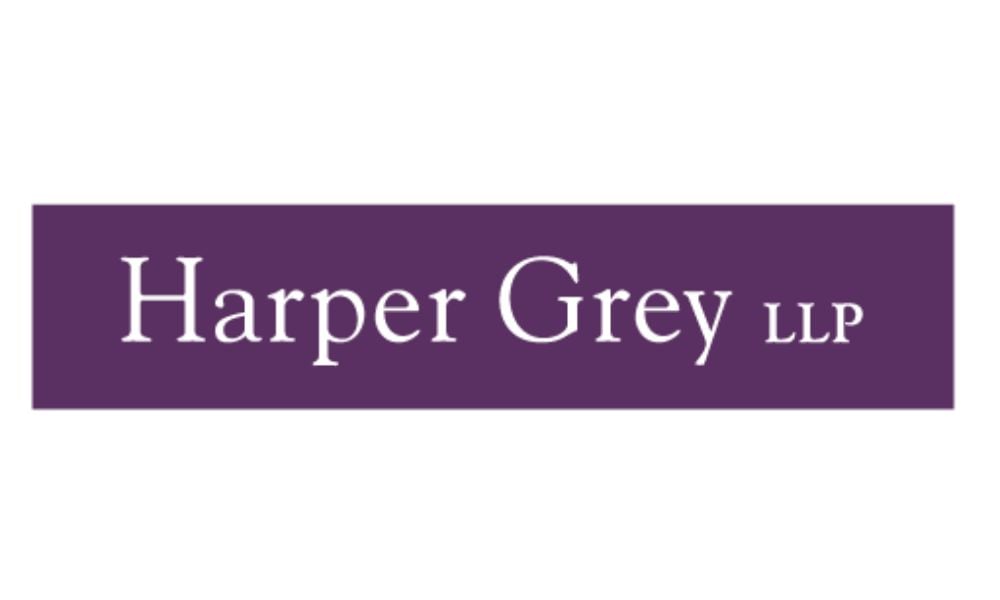Expectations around privacy in employment matters have shifted remarkably in the Internet age. With social media and the new culture of constant and immediate access to news and other forms of on-demand communication, private information can easily transition to the public domain. Individuals may not understand the loss of privacy arising from social media postings, the content of which may have severe repercussions for an individual’s current or prospective employment. For examples of the risks related to social media activity, one need only look at the recent election in Alberta and salacious news stories about the social media history of newly elected young MLAs.
There is now an expectation that organizations ensure there is sufficient due diligence on any new employees, especially for those in public-facing positions or those responsible for binding the company in a financial or contractual manner.
This responsibility for conducting adequate due diligence is not a “point in time” exercise. Employees in high-risk roles within departments such as procurement or finance, as well as employees in positions of trust, should be screened periodically during their employment. This is done to ensure that they are not participating in behaviour that could pose an actual or perceived threat to the organization. One of the key objectives of due diligence is to minimize the likelihood of there being unknown liabilities or risks. A thorough due diligence process is imperative for preventing fraud, security breaches, theft and other related issues.
Due diligence by an employer who is contemplating a new hire generally consists of education and employment verification, reference, criminal and credit checks. These checks are performed to verify information provided by an applicant or employee, and can also be an indication of the character and work ethic of the individual. This level of due diligence generally requires consent from the individual and is typically completed by third-party organizations that specialize in integrity due diligence and have access to non-public databases.
Public domain due diligence relates to information available through a person’s social media profiles or other public sources. It provides insight that wouldn’t have been available from a resumé review or interview, or workplace interaction. It’s possible to gauge an individual’s interests, connections, posts and photographs through basic searches. Canadian legislation requires that everyone – regardless of race, national or ethnic origin, colour, religion, sex, age, or mental or physical disability – is equal before the law and, as a result, any information relating to these factors cannot be used to make an employment-based decision. A prospective or permanent employee’s off-duty conduct, however, is visible to an employer and to the public, so posting contentious photos, opinions or other controversial material may have serious consequences to the individual as well as to the employer. Alternatively, posting photos, opinions or materials that are in line with the applicant’s resumé and the company’s culture may create a positive impression.
There have been numerous verdicts in legal proceedings, in Canada and elsewhere, regarding the admissibility of information obtained from Facebook posts in employment-related matters. The general consensus appears to be that Facebook comments and posts can be produced as evidence where they might be relevant to the allegations made, even where the information is located in an area that has restricted access as a result of personal privacy settings. These decisions send a strong message to individuals to exercise extreme caution in their online posting activities.
Despite the perils noted above, there are a few advantages to having almost limitless sources of historical and current information at one’s fingertips. Prospective employees are able to research companies to better understand their history, services, culture and employees. This demonstrates a level of initiative and interest to the interviewer. It can also help the applicant to prepare appropriate questions about the organization.
Having some insight into developments, issues or risks in a company’s industry or sector enables employees and prospective employees to identify ideas or solutions implemented by competitors that could add value to an organization.
While there is some effort involved in conducting due diligence in an employment relationship, the value in the information identified can outweigh the time and cost involved in performing the research. Knowledge is power — if you know it about the right person.
Caroline Costello is a manager in the financial advisory group at Deloitte LLP
There is now an expectation that organizations ensure there is sufficient due diligence on any new employees, especially for those in public-facing positions or those responsible for binding the company in a financial or contractual manner.
This responsibility for conducting adequate due diligence is not a “point in time” exercise. Employees in high-risk roles within departments such as procurement or finance, as well as employees in positions of trust, should be screened periodically during their employment. This is done to ensure that they are not participating in behaviour that could pose an actual or perceived threat to the organization. One of the key objectives of due diligence is to minimize the likelihood of there being unknown liabilities or risks. A thorough due diligence process is imperative for preventing fraud, security breaches, theft and other related issues.
Due diligence by an employer who is contemplating a new hire generally consists of education and employment verification, reference, criminal and credit checks. These checks are performed to verify information provided by an applicant or employee, and can also be an indication of the character and work ethic of the individual. This level of due diligence generally requires consent from the individual and is typically completed by third-party organizations that specialize in integrity due diligence and have access to non-public databases.
Public domain due diligence relates to information available through a person’s social media profiles or other public sources. It provides insight that wouldn’t have been available from a resumé review or interview, or workplace interaction. It’s possible to gauge an individual’s interests, connections, posts and photographs through basic searches. Canadian legislation requires that everyone – regardless of race, national or ethnic origin, colour, religion, sex, age, or mental or physical disability – is equal before the law and, as a result, any information relating to these factors cannot be used to make an employment-based decision. A prospective or permanent employee’s off-duty conduct, however, is visible to an employer and to the public, so posting contentious photos, opinions or other controversial material may have serious consequences to the individual as well as to the employer. Alternatively, posting photos, opinions or materials that are in line with the applicant’s resumé and the company’s culture may create a positive impression.
There have been numerous verdicts in legal proceedings, in Canada and elsewhere, regarding the admissibility of information obtained from Facebook posts in employment-related matters. The general consensus appears to be that Facebook comments and posts can be produced as evidence where they might be relevant to the allegations made, even where the information is located in an area that has restricted access as a result of personal privacy settings. These decisions send a strong message to individuals to exercise extreme caution in their online posting activities.
Despite the perils noted above, there are a few advantages to having almost limitless sources of historical and current information at one’s fingertips. Prospective employees are able to research companies to better understand their history, services, culture and employees. This demonstrates a level of initiative and interest to the interviewer. It can also help the applicant to prepare appropriate questions about the organization.
Having some insight into developments, issues or risks in a company’s industry or sector enables employees and prospective employees to identify ideas or solutions implemented by competitors that could add value to an organization.
While there is some effort involved in conducting due diligence in an employment relationship, the value in the information identified can outweigh the time and cost involved in performing the research. Knowledge is power — if you know it about the right person.
Caroline Costello is a manager in the financial advisory group at Deloitte LLP





